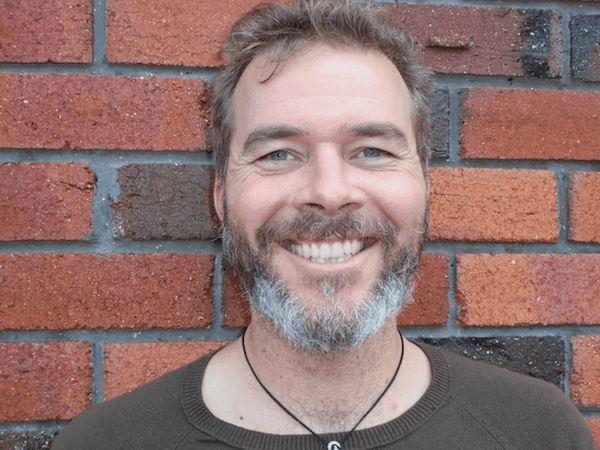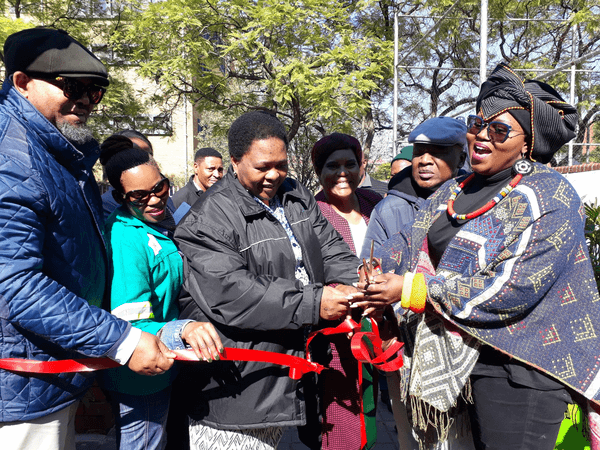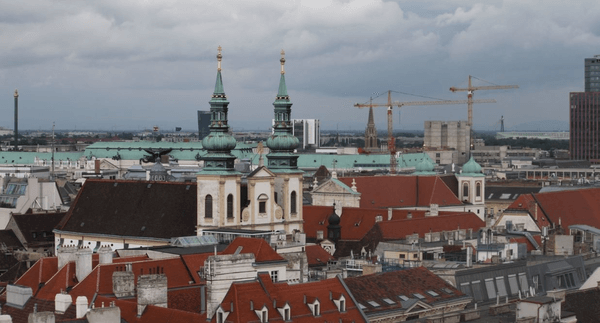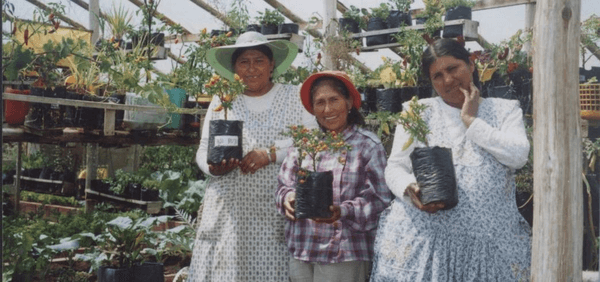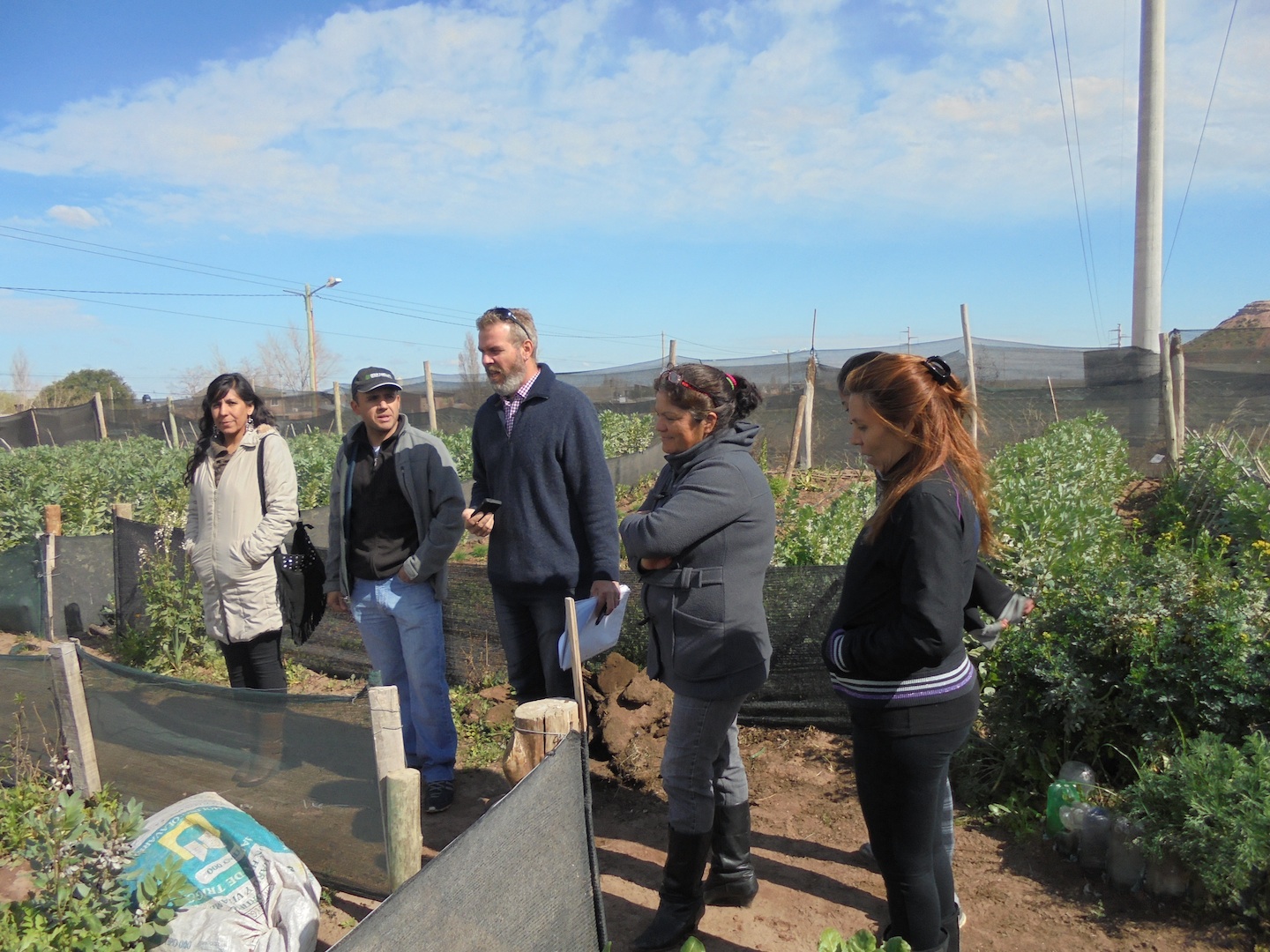
City
Neuquén Province
Main actors
NGO / Philanthropy
Project area
Whole City/Administrative Region
Duration
Ongoing since 2003
PRODA works with low-income women and families in the self-sufficient production of food and the strengthening of the family economy.
El Programa de Desarrollo Agroalimentario (PRODA - the Agri-Food Development Program) is an initiative of the Provincial government of Neuquén.
PRODA is financed by the Provincial Minister for Territorial Development.
PRODA has an interdisciplinary workforce of 20, which includes agronomists, communication specialists, social workers, a veterinarian, a philosopher, and demographers.
PRODA supports the establishment of community gardens in marginalized barrios, working with low-income families, principally women, who have low levels of education and are either experiencing food insecurity, or are at risk of experiencing food insecurity.
On Map
The Map will be displayed after accepting cookie policy
